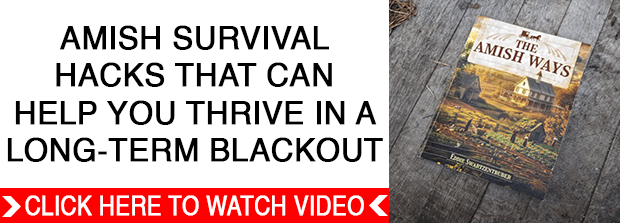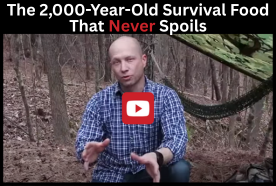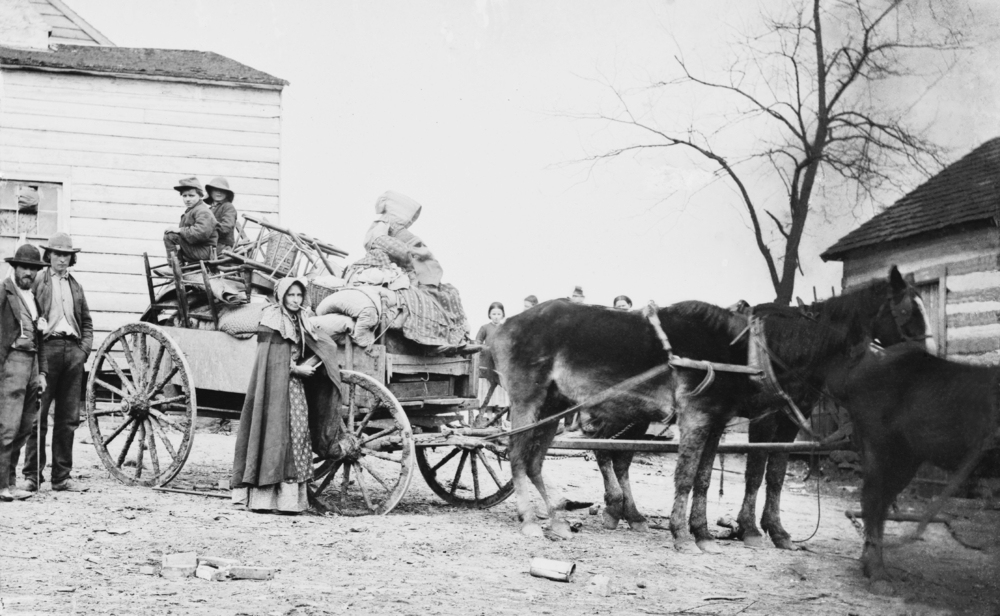The pioneers crossed a continent with grit, simple tools, and hard limits. We have better gear and faster ways to move, but the land still plays by the same rules. Here is what carries over and what does not.

Nineteenth century families rolled west in wagons about four feet wide and ten feet long that hauled around 2,500 pounds. Oxen pulled more than mules. Space was tight, so most people walked beside the wagon and slept under a tent or the stars. Once animals tired, heavy gear got tossed along the trail. That teaches a lesson. Weight kills mobility.
Could a wagon still help? Yes, in narrow situations. If fuel dries up and roads clog, a hand cart or sturdy kid hauler can move gear, water, and one small passenger. Think rugged utility wagon with big tires. They ride on the roof rack, weigh roughly thirty pounds, and shine on foot moves.
For most evacuations, a modern vehicle wins. You want ground clearance, strong suspension, decent range, and cargo space you can actually use. Add fuel planning, a way to haul water, and auxiliary power for charging lights and radios. When speed matters or the road is rough, a truck, SUV, or van gets you out. Plan for fuel scarcity. Keep a cart as your last line when the road ends.
Bottom line: a prairie schooner makes a great museum piece. Your plan needs an engine, a fuel strategy, and a backup that you can pull by hand.
Electronics fail. Maps and a compass do not. Learn to read terrain, follow ridgelines and waterways, and orient with a topo map. Pioneers watched grass and seasons to feed livestock on the move. You should watch growing seasons, flood cycles, and local resources long before you need them.
Foraging still fills gaps. Nuts, berries, and greens help stretch staples, but only if you can identify them. Garden if you have any patch of dirt. Containers count. A small salad garden can cover vitamins when stores go thin.
Water is the first fight. The pioneers drank from rivers and paid for it with cholera and dysentery. You have filters, gravity systems, chemical drops, and UV pens that fit in a pocket. Carry a primary filter and a boil plan. Distillation and boiling are slow, but they work when everything else breaks.
Frontier staples were simple. Flour, pilot bread, bacon, beans, coffee, a little sugar, and dried fruit. Meat got salted or smoked. Bread rose in Dutch ovens over buffalo chips. You will not need dung fuel, but you will need preservation. Learn canning, dehydrating, fermenting, and pickling. A deep pantry is not luxury. It is security.
Fire building never went out of style. Know how to lay tinder and kindling that lights in the rain. Carry a lighter and a ferro rod. Practice with wet wood. Cast iron still earns its keep because it takes heat well and lasts.
No one makes it alone for long. Wagon trains moved as a group for a reason. They shared tools, guarded camps, and buried their dead. The trail had graves by the mile. Community raised survival odds then. It still does. Build relationships now. Train together. Trade skills. Set up mutual aid.
Sod houses and hide blankets kept people alive. Today’s tents, tarps, sleep systems, and shells are lighter and warmer. Use them. Also learn to improvise with what nature gives you. If you lose a pack in a river, you should still be able to build a roof, block wind, and keep a fire going.
Modern tools beat the old ones on weight and efficiency. A multi tool, folding saw, paracord, compact stove, and waterproof layers do more with less. The trap is overpacking. Pioneers dumped stoves and trunks when the oxen gave out. You will dump gear too if you cannot carry it.
Pack by priority. Water, shelter, food, first aid, navigation, fire, and a way to signal. Cut the rest.
A hard truth from the Oregon Trail: many who started never finished. Disease, accidents, and exposure took their toll. We have better medicine and sanitation, but distance and time still matter in a crisis. Get real first aid training. Stock practical meds and bandages. Learn a few herbal standbys for minor issues.
Adaptability wins. The pioneers moved with seasons and grass. You should plan routes around fire seasons, floodplains, and winter choke points. They trimmed weight as they went. You should test carry your kit and keep refining. They formed tight groups. You should build a network before life depends on it. They got sick from bad water. You must prioritize purification and sanitation. They cooked over open flame and preserved food. You should practice those skills while you still have modern backups.

If the grid drops tomorrow, plenty of pioneer skills still work. Find and clean water. Navigate without a screen. Make fire in bad weather. Keep food edible. Stay healthy. Work with a team.
Dragging a full wagon through a jammed highway does not work. A reliable vehicle, smart fuel planning, compact filters, efficient shelters, and lighter tools give you the mobility that survival demands.
Blend old wisdom with modern tech. Respect the land. Assume gear fails. Train your body and your mind. Do that, and when SHTF you will move faster, carry only what matters, and give your family the best chance to come through.








